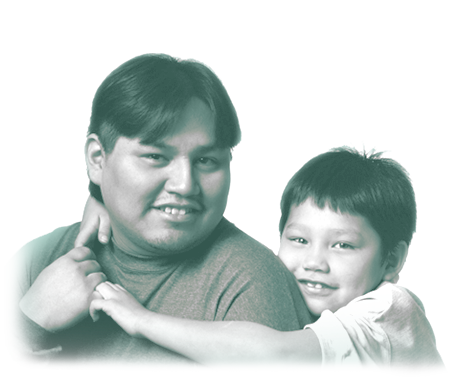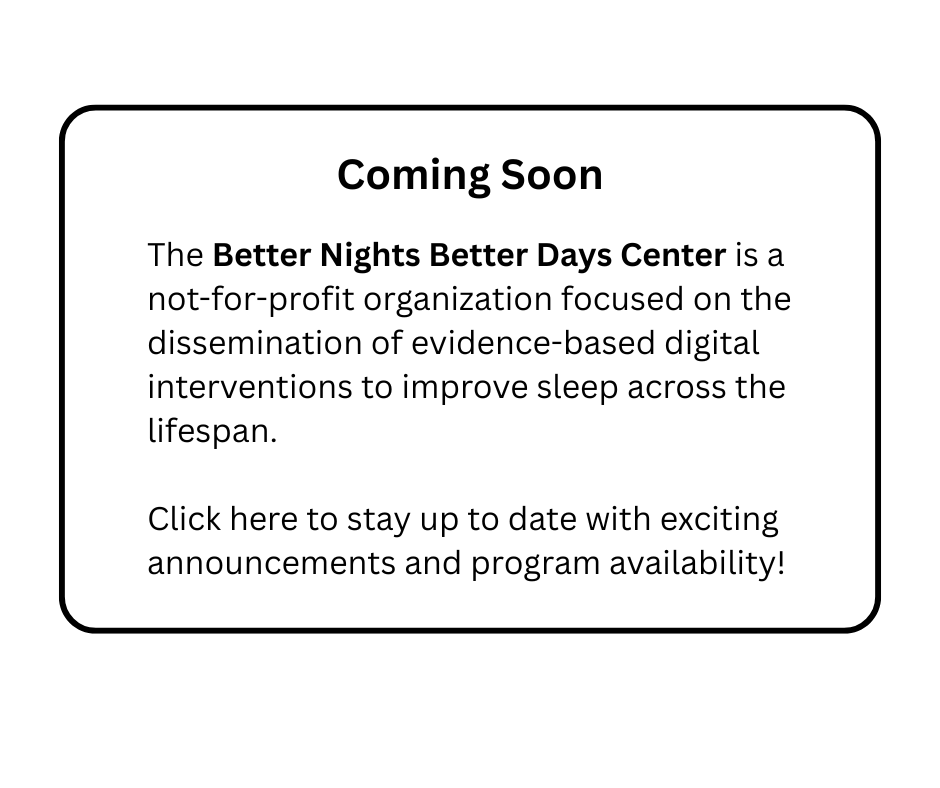 Better Nights, Better Days
Better Nights, Better Days
About Us
The Better Nights, Better Days (BNBD) research program is led by Dr. Penny Corkum (R.Psych) at Dalhousie University. Dr. Corkum is a Full Professor in the Department of Psychology & Neuroscience and is also a Child Psychologist. She is the lead of the BNBD research team, which is comprised of a team of Canadian pediatric sleep experts and trainees in sleep health across Canada. Our evidence-based programs can be found in the menu with more information about how each program works, the evidence for the program, and the next steps in terms of development and evaluation.
Problem
For the past decade, Dr. Penny Corkum (R.Psych), her colleagues, and trainees have focused on solving a problem – the lack of evidence-based care for sleep problems in children. More recently, the team is taking a lifespan perspective and focusing on sleep from infancy to adults. Most of this research is concentrated on insomnia/insomnia symptoms, which is the most common sleep disorder/problem in childhood and across the lifespan.1
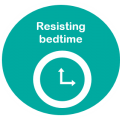
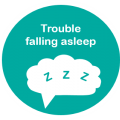
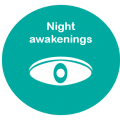
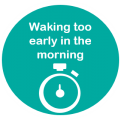
The rates of these problems are steadily increasing due to factors that predispose (e.g., anxiety/depression, stress), precipitate (e.g., lack of consistent routines and schedules at bedtime and waketime), and perpetuate (e.g., sleeping in on the weekend) these sleep challenges.
A study of ~6,000 children from 12 countries around the world found that only ~40% of children are meeting sleep duration based on age guidelines.2 Canadian children were doing the best – but still not very good with over 50% not meeting guidelines. This is particularly concerning given that we know that poor sleep is associated with a range of poor outcomes, including poorer physical and mental health, lower academic achievement, more social and emotional challenges, and generally having a lower quality of life.3, 4 Also, sleep deprived children often have sleep deprived parents, who suffer from the same consequences on their daily functioning which impacts the child-parent relationship. Living in a 24-hour society has its challenges!
Solution
Over the past decade we have been developing and evaluating a suite of interventions so that all Canadian families can have access to evidence-based interventions to treat sleep problems in children. Using the internet to deliver interventions increases accessibility in a cost-effective manner with good evidence of effectiveness.5 We are developing interventions on different platforms, including eHealth (e.g., online programs), mHealth (e.g., smartphone app), and eLearning (learning management systems delivered online). We have taken a systematic approach to the development and evaluation of these programs.
All programs were developed using a user-centered design approach, which is known to improve the user-experience, intervention effectiveness, and uptake.6 Once we have a usable program, we test the effectiveness of the program starting with pilot randomized controlled trials (RCTs) and then full-scale RCTs. We also are testing for implementation to ensure that the programs are used in a way that they are intended. Sustainability of the programs is always being considered and evaluated. We have conducted feasibility studies and barriers and facilitators studies to determine how best to support these programs so that they “live” beyond the grant!
Accomplishments
We have developed and evaluated five digital intervention programs. Each of these programs can be found in the menu with information about the need for the program, how the program works, the evidence for the program, and the next steps in terms of development and evaluation. The Better Nights, Better Days program is the furthest along in the development and evaluation process and the newest program is our Promoting Healthy Sleep program for healthcare providers. We have also been developing a virtual hub which we hope will become a community for sleep health in children, and where these programs can be accessed along with other resources to promote sleep health in children!
References
- Bos, S. C., & Macedo, A. F. (2019). Literature review on insomnia (2010–2016). Biological Rhythm Research, 50(1), 94–163. https://doi-org.ezproxy.library.dal.ca/10.1080/09291016.2017.1413766
- Roman-Viñas, B., Chaput, J. P., Katzmarzyk, P. T., Fogelholm, M., Lambert, E. v., Maher, C., Maia, J., Olds, T., Onywera, V., Sarmiento, O. L., Standage, M., Tudor-Locke, C., & Tremblay, M. S. (2016). Proportion of children meeting recommendations for 24-hour movement guidelines and associations with adiposity in a 12-country study. The International Journal of Behavioral Nutrition and Physical Activity, 13(1). https://doi.org/10.1186/S12966-016-0449-8
- Sleep Disorders across the Lifespan: A Different Perspective. International Journal of Environmental Research and Public Health, 17(23), 1–5. https://doi.org/10.3390/IJERPH17239025
- Williamson, A. A., Mindell, J. A., Hiscock, H., & Quach, J. (2020). Longitudinal sleep problem trajectories are associated with multiple impairments in child well‐being. Journal of Child Psychology and Psychiatry, 61(10), 1092–1103. https://doi-org.ezproxy.library.dal.ca/10.1111/jcpp.13303
- Tan-MacNeill, K. M., Smith, I. M., Johnson, S. A., Chorney, J., & Corkum, P. (2021). A systematic review of online parent-implemented interventions for children with neurodevelopmental disorders. Children’s Health Care. https://doi-org.ezproxy.library.dal.ca/10.1080/02739615.2021.1886934
- Weinheimer, E. A., Chang, A., Neubert, S. W., Wildes, J. E., & Graham, A. K. (2020). Past, current, and future willingness to engage with treatment targets: Applying user-centered design to inform the design of a mobile behavioral intervention. The International Journal of Eating Disorders, 53(4), 611. https://doi.org/10.1002/EAT.23252



